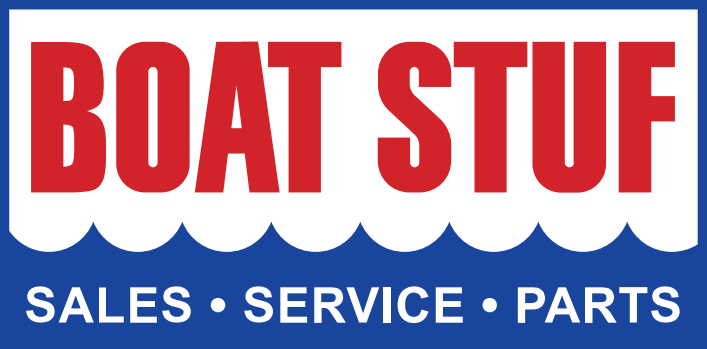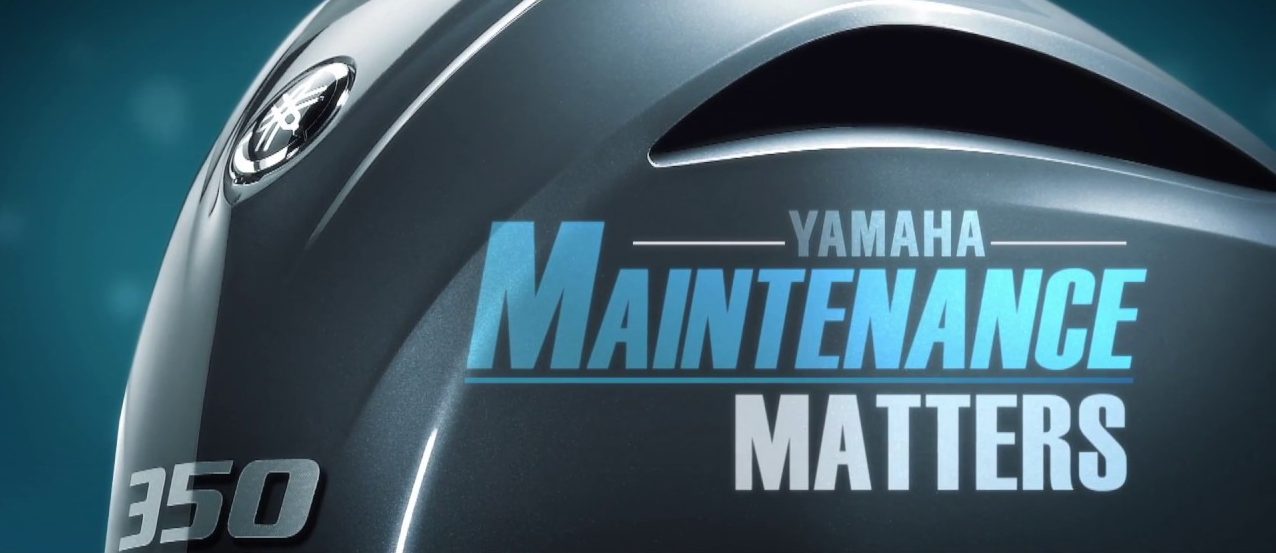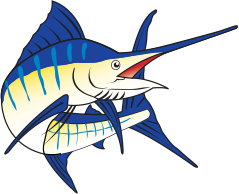Boat Info
Why You Need Maintenance and the Basics
Today, we are talking about easy maintenance that will keep your boat running smoother for longer. With the help of Maintenance Matters by Yamaha, we can give you accurate and easy ways to maintain your boat and motor.
Why Maintenance?
Spending a relatively small amount of time making sure your outboard’s in proper condition is simple to do, and:
- You’ll have more hours of trouble-free enjoyment on the water.
- You’ll preserve your investment with a higher resale value.
- Your boat will be ready when you are.
- It’s easier and costs less to maintain than repair.
What are the basics?
Keep your outboard ready to run with basic maintenance like:
- Changing engine and lower unit oils every 100 hours
- Flushing regularly
- Replacing fuel filters periodically
- Helping to prevent corrosion
Keep it Simple
Always be prepared, and don’t let an easy-to-fix problem spoil your fun.
We recommend to carry these simple items onboard at all times:
- A small tool kit with basic hand tools
- An electrical repair kit with electrical tape, fuses, connectors, crimping pliers, and extra wire
- An exra 10-micron fuel/water separating filter
- A spare propeller and a floating propeller wrench
- A spare prop nut and cotter pin
Trailer Maintenance
Trailers are an often-neglected item when it comes to maintenance. Here’s a few tips:
- Lug nuts and a jack. Check the torque on your trailer’s lug nuts regularly.
- Carry a spare. If your trailer doesn’t have a spare tire, get one and mount it to the frame.
- Bunks and rollers. Anything loose should be tightened, and anything sagging or rotted should be replaced. Make sure all bunks or rollers maintain proper contact with the bottom of the boat to prevent the development of hooks or rockers in the hull.
- Hubs and wheels. Check trailer wheel bearings for water intrusion, and repair as necessary. Periodically grease trailer bearings using a high-quality, corrosion and water resistant formula.
- Cables and winches. Monitor the condition of your trailer’s winch cable. Replace the cable if there are any signs of cuts, abrasion, or chaffing to prevent a possible break under load. Make sure the winch handle is free of bends or cracks and is tightened down properly.
- Lights. Help prevent frustrating trailer light issues with simple care and maintenance.
- Brakes. Proper periodic attention is required, particularly in saltwater environments. Make sure to rinse your wheels and brakes thoroughly with fresh, clean water after every dunking.













